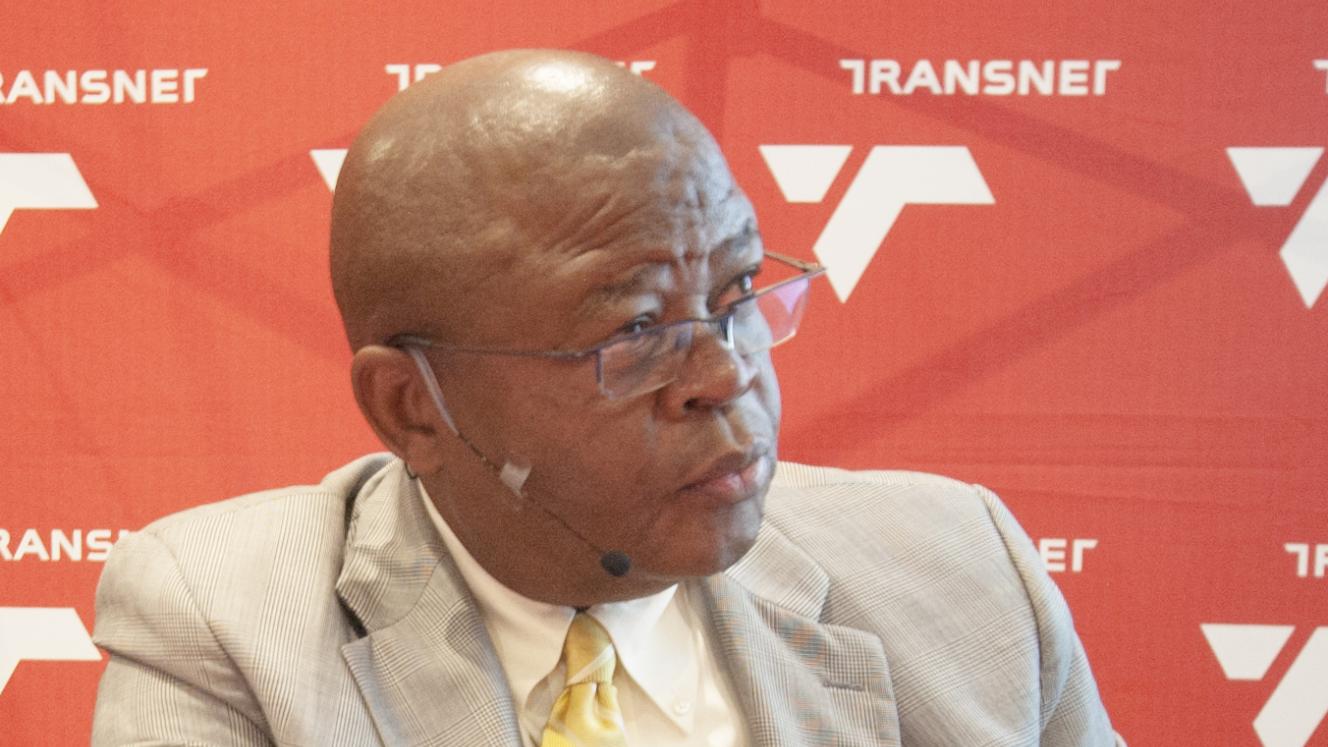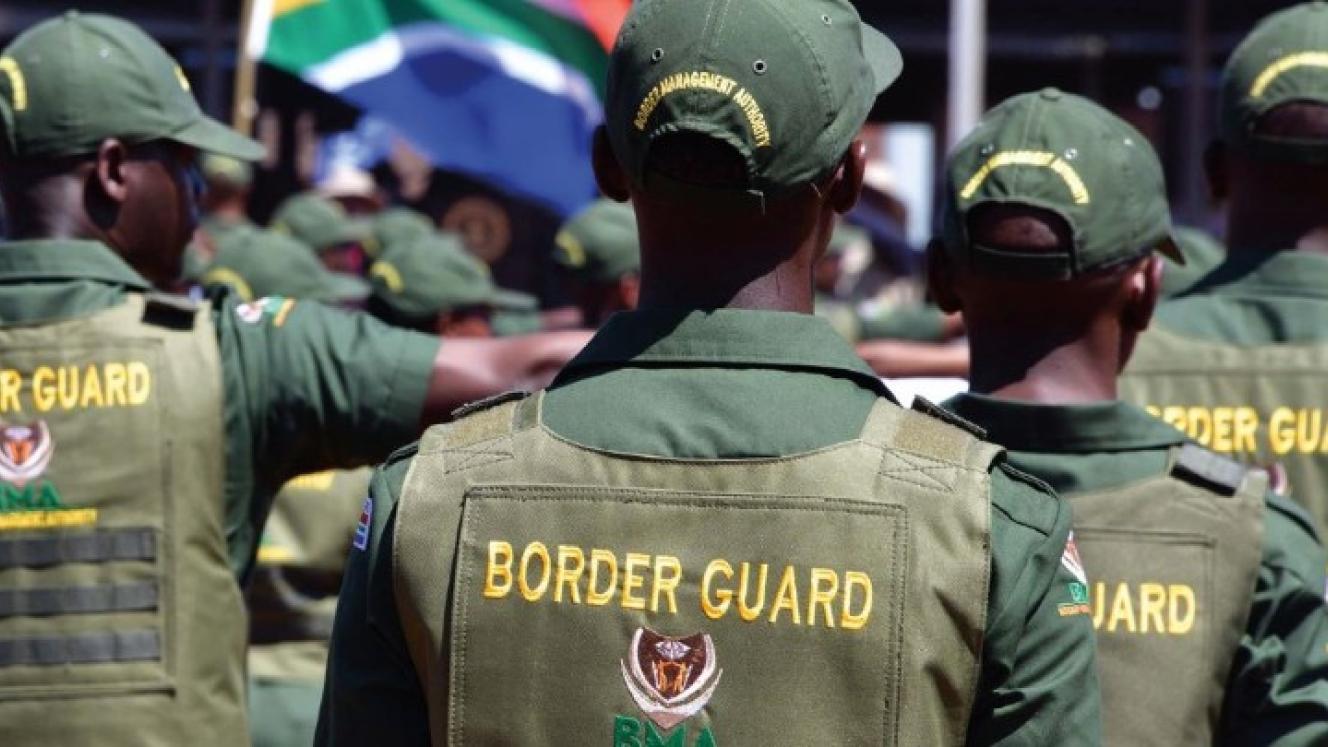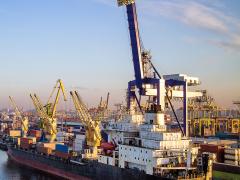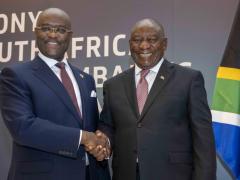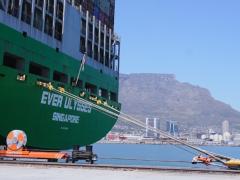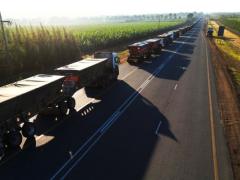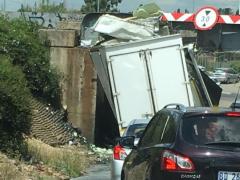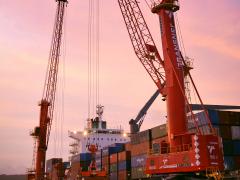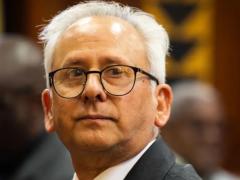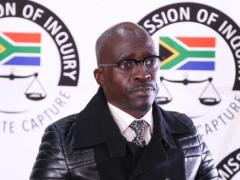Transnet Freight Rail (TFR) needs to urgently reintroduce the railway police to deal with the heavy impact of rail vandalism and sabotage that is going unpunished and leading to a downward spiral in rail capacity, impacting the economy.
Former Transnet executive Tau Morwe, in a hard-hitting Biznews radio interview with Tim Modise, recently highlighted the fact that 20 years had now passed since the problem had first been highlighted in parliament.
Morwe said that the lack of security, ageing rolling stock, outdated technology and the inefficient use of land, characterised by mushrooming settlements close to the rail network, were among the myriad issues impacting Transnet’s freight and passenger rail services.
“If I recall some 20 years back, Transnet via Spoornet went to parliament and asked that the railway police be brought back, but that has never happened,” Morwe said.
“Another element that one now sees is the mushrooming incidents of what one may call blatant sabotage.
“In November 2018, for instance, people using a blow torch literally cut the rail line, so a combination of theft and vandalism has brought us to where we are today.”
He said that between 2019 and 2020 a total of 354 227 metres of overhead cable had been stolen from TFR, yet no action had been taken against the perpetrators.
“In any other country, if people go around carrying blow torches and cutting rail there will be serious consequences,” Morwe told Modise.
He added that rail market share for the movement of freight cargo had been around 30% in 2009 and this had now dropped to “21% or less, and yet from a political perspective there doesn’t seem to be any action”.
He said that while the country operated some of the best coal and iron ore lines in the world in terms of technology, the rail transportation of general container freight remained a problem.
“It is because over the years not enough investment has gone into that section of the business in terms of technology and modernising the fleet, and recently we have also seen an increase in problems around the coal and the ore line; mining companies were up in arms because of the reduced volumes carried on rail,” Morwe said.
“I really can’t pinpoint what the problem is but I will park the problem at the door of politicians. Twenty years ago these issues were raised.”
He said in 2009/10 when he was the acting CEO at TFR, a train loaded with diesel, and another that was transporting hazardous chemicals, were deliberately derailed.
“I had to contact the security establishment and show them the pictures of what happened, and until today nothing has happened (to prosecute the matter).
“I think the Department of Transport and Public Enterprises can deal with it but definitely there doesn’t seem to be the political will to deal with the issue,” he said.
The South African Police Service’s (SAPS) highly effective railway police unit, with its 16 000 plus members, was dissolved in 1986 and officers were absorbed into the wider force.
“Cabinet later approved a dedicated unit for railways under the SAPS Protection and Security Services Division, and railway policing was reintroduced in 2004.
“However, a SAPS restructuring process on 8 December 2010 led to the unit once again being moved to the Visible Policing Division.”
